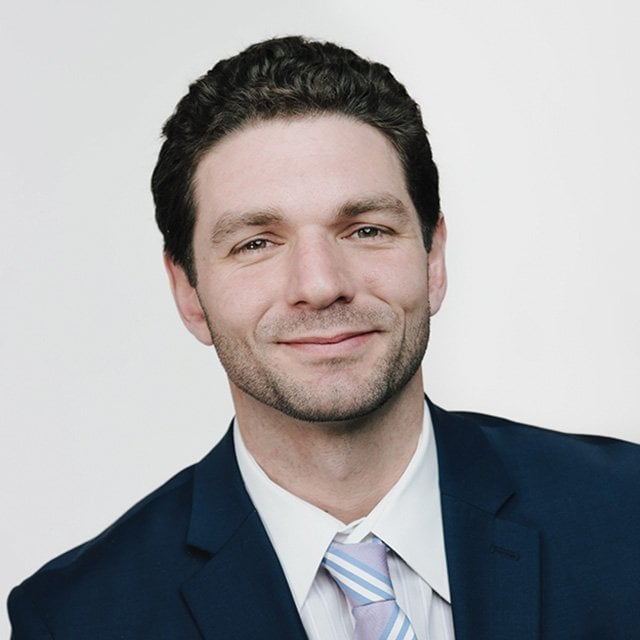Jamie Hopkins: SVB Collapse Is Wake-Up Call on Cash Management

According to Hopkins, such cash-related risks can be concentrated in ways that are hard to see.
“For example, if your community’s home prices are buoyed by a bank’s presence in your community, and you have all your cash in that bank and your home mortgage is based there, all together, that represents some concentrated risk,” he explains. “What would happen to your long-term financial plan if that bank began to struggle or if it failed?”
Of course, clients should not blindly rush to move their cash from their current accounts at trusted institutions, but it is worth reconsidering why cash is held in certain locations and whether there are some adjustments that could be made to mitigate risk.
Don’t Forget to Look for Yield
Stepping back from the banking confidence issue, Hopkins says investors also need to remember how important it is to put their cash to work.
“As interest rates rise, we are facing some great opportunities to look for yield,” Hopkins says.
Since the financial crisis cratered interest rates and they stayed so low for so long, both advisors and their clients have grown complacent about the interest they are receiving in traditional savings accounts and short-term cash-like instruments.
“A lot of advisors and their clients aren’t out there paying enough attention to the yields and the FDIC insurance limits,” Hopkins says. “And here’s another thing about cash and the long term. Yes, we need to be prepared for emergencies, but I think too many people are overly insuring themselves against emergencies by holding too much cash.”
Holding cash often feels like the safest hedge, but it doesn’t help clients address inflation risk and longevity risk. As Hopkins points out, holding excessive cash might insulate a client from some shorter-term swings in the market, but they are shortchanging themselves in the long term by being under-risked.
“That fact raises the financial planning questions that we know we can grapple with,” Hopkins says. “For example, for most people, having an emergency buffer of three to six months of nondiscretionary expenses is likely sufficient, especially if other forms of insurance are in place.”
Other cash-related planning questions for clients to consider include:
Do you have tax liabilities that you need to meet this year or in the near future, for which you will very likely need extra cash?
Do you have very large anticipated purchases that you need to fund and get ahead of?
Are you a pre-retiree or an early retiree who is in that retirement red zone where you are most exposed to the dangers of negative sequence of returns risk?
What unique risks might you be facing that could result in a significant expense in the near term?
Ultimately, Hopkins concludes, a client’s approach to holding cash should be informed by their investing time horizons, their risk management preferences, their guaranteed and anticipated cash flow, and their broader expectations about spending patterns in the future.
“Advisors can do a lot to help their clients set good expectations about all of this,” Hopkins says.
(Pictured: Jamie Hopkins)




